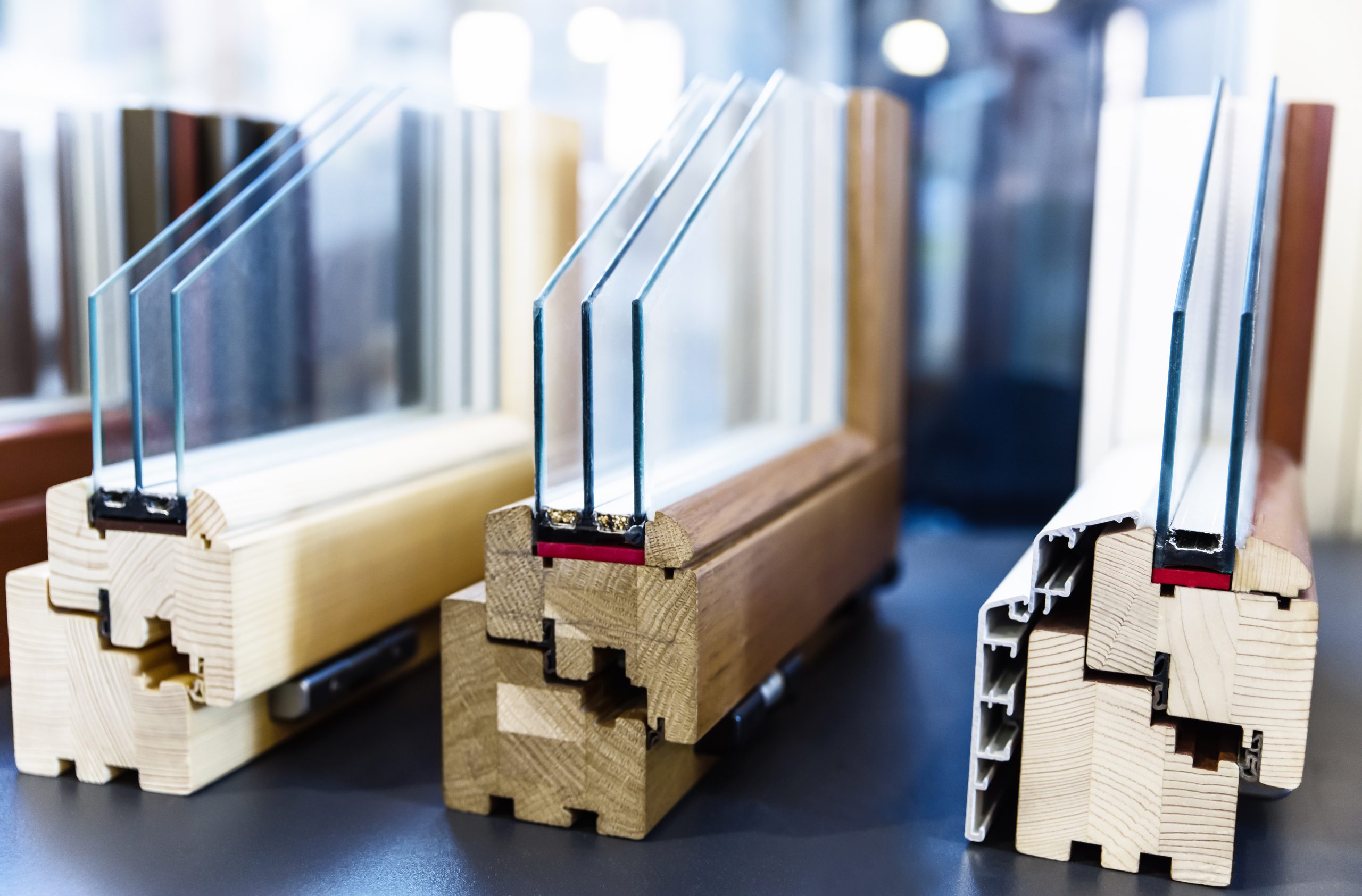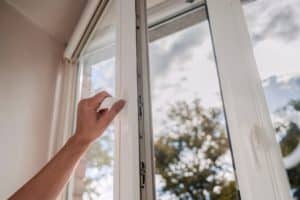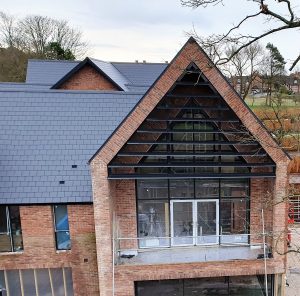Choosing the right glazing is an important investment for home builds and renovations. Here we discuss the pros and cons of triple glazing, and whether it is really worth it for your construction project.
If you’re building a new home or renovation, you’re probably thinking about what windows you want to integrate into the property. Especially for those hoping to design an energy conscious dwelling, your windows are a core way to make your dwelling more efficient.
One question you may be asking yourself, is whether or not you need triple glazing.
Is triple glazing really worth it? Triple glazed windows are a popular choice for keeping out the cold (and saving on bills) but the reality is that they can cost around 20% more than double glazed. So, what makes them so much better than double glazing?
There are many advantages and disadvantages of both double and triple glazing; you should consider all of these before you make a decision. For example:
- The cost
- How energy efficient they are
- How they will insulate your home
To help you decide, we’ve rounded up the main benefits of triple glazing, as well as any negatives that you need to keep in mind.
What is triple glazing?
Simply put, triple glazing is 3 panes of glass rather than 2 or 1. Between the 3 panes are 2 pockets of gas (which will most likely be argon, xenon or krypton). This provides insulation – to keep heat in and noise out – by creating a seal that reduces drafts and maintains heat within the house.
Is triple glazing better than double glazing?
The idea of triple glazing is that the extra pane increases efficiency and reduces noise. In fact, it has been suggested that the third plane of glass can improve the energy performance of regular double glazing by around 50%.
Triple glazing also improves the U-value of a dwelling. Let’s compare the typical U-values of different glazing:
- Single glazed windows can have a U value of around 5.0W/m²k
- Double glazed windows used to score over 3 and can now achieve 1.4. As a result of these improvements in the manufacturing process, Building Regulations now insist that any window you install today should have a U value no worse than 1.6
- The Passivhaus standard requires triple glazed windows with a U value of no more than 0.8 but there are some suppliers who claim to achieve just 0.5
The lower the U-value, the more advantageous the rating – so, as you can see, the benefits of installing triple glazing can have a considerable impact in this area.
What are the main benefits of triple glazing?
It may seem like one extra pane of glass to a window wouldn’t make that much difference to your home, but the reality is very different. That extra pane is intended to cut down on noise levels and keep as much heat within the home as possible, resulting in more comfortable living and less expensive bills.
Here are some of the main benefits of triple glazing:
- Noise reduction
- Better efficiency = lower energy consumption and bills
- Reduced condensation
- Harder to break (a more secure home)
- High durability and lifespan (they can last up to 30 years!)
- It lowers your U-Value
- Can add value to your home
What are the disadvantages of triple glazing?
But, as with everything, triple glazing isn’t perfect – and there are some disadvantages that you will want to consider before committing.
Firstly, triple glazing is considerably more expensive to install; it’s therefore important that you weigh up how much money it will actually save you through your energy bills, and if the investment is worth it.
In addition, while triple glazing holds the major benefit of containing heat during the winter, the flipside is that less heat from the sun will be able to make its way into the dwelling; double glazing, on the other hand, is better positioned to harness solar energy.
Triple glazing is also heavier than double, and so if you are hoping to install it within existing frames you may face a problem: this could even lead to your property having structural problems.
Finally, many argue that for the UK climate, triple glazing isn’t a necessity.
Double glazing VS triple glazing – which one should I choose?
Every property is different, and so there is no blueprint answer for this one. However, a few points to consider are:
- If you already have double glazing, the investment to replace with triple may not be worth it
- If you are building the home from scratch, you may want to integrate it into the immediate designs
- Triple glazing doesn’t pay for itself… but neither does double!
- If you want to get rid of cold spots in an otherwise well insulated home, or you struggle with outdoor noise, triple glazing would be a good option
Still not sure? That’s where Buildpass can help.
Our sustainability consultants can join you on your property to pinpoint whether triple glazing is the right option for you based on your personal circumstances and ultimate goals. We will also highlight any alternative ways to lower your U-Value and improve the overall efficiency of your dwelling.




















